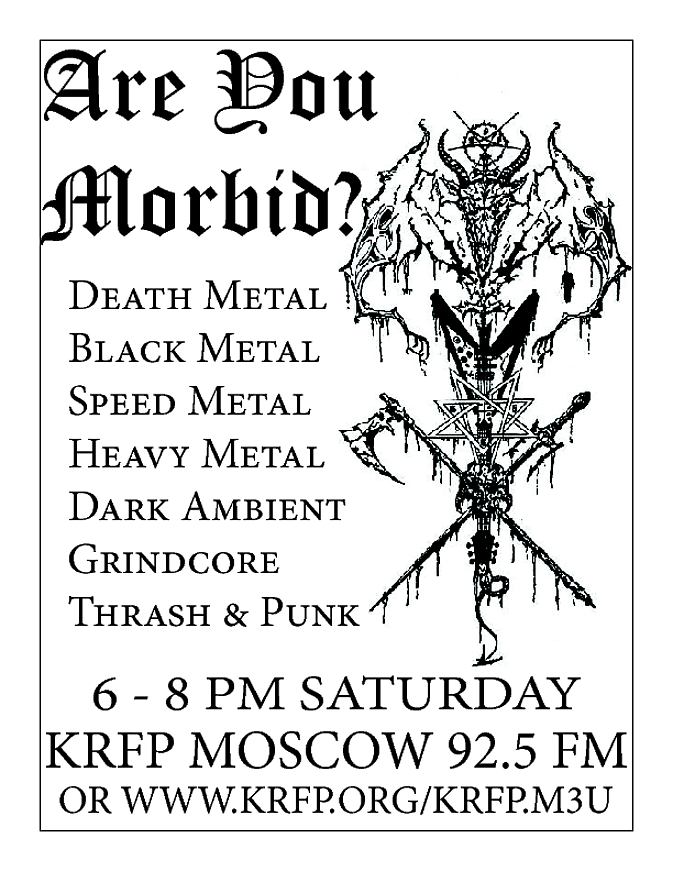The conventional wisdom of recent years has been that, while the music publishing companies that hold the back catalogue rights for well-known music, still had some value, recorded music values were slipping due to mass piracy and the digital revolution.
Yet the reported prices for EMI’s music publishing and recorded music divisions are not so far apart, with the former fetching about $2.2bn.
Although recorded music sales are falling in many countries due to piracy, the picture in the US is a bit brighter, with album sales rising 1 per cent year-on-year in the first half of 2011, according to Nielsen SoundScan – the first time there has been a rise since 2004. Digital album sales rose by 10 per cent in the same period. – Financial Times
All the gloom and doom talk seems less certain now. What went wrong with the music industry?
Spending $2 million to record a new Britney Spears album that is vapid pop for the masses, and will sell for about three months and then fade away, in order to make massive profits. That’s what has gone wrong, and what is now dying.
What’s replacing these fickle one-time customers are the die-hards who buy music their whole lives: classical, bluegrass, country, and metal.
Raise the horns and buy some metal (and classical) to show EMI they should support a niche or two.
1 CommentTags: piracy


